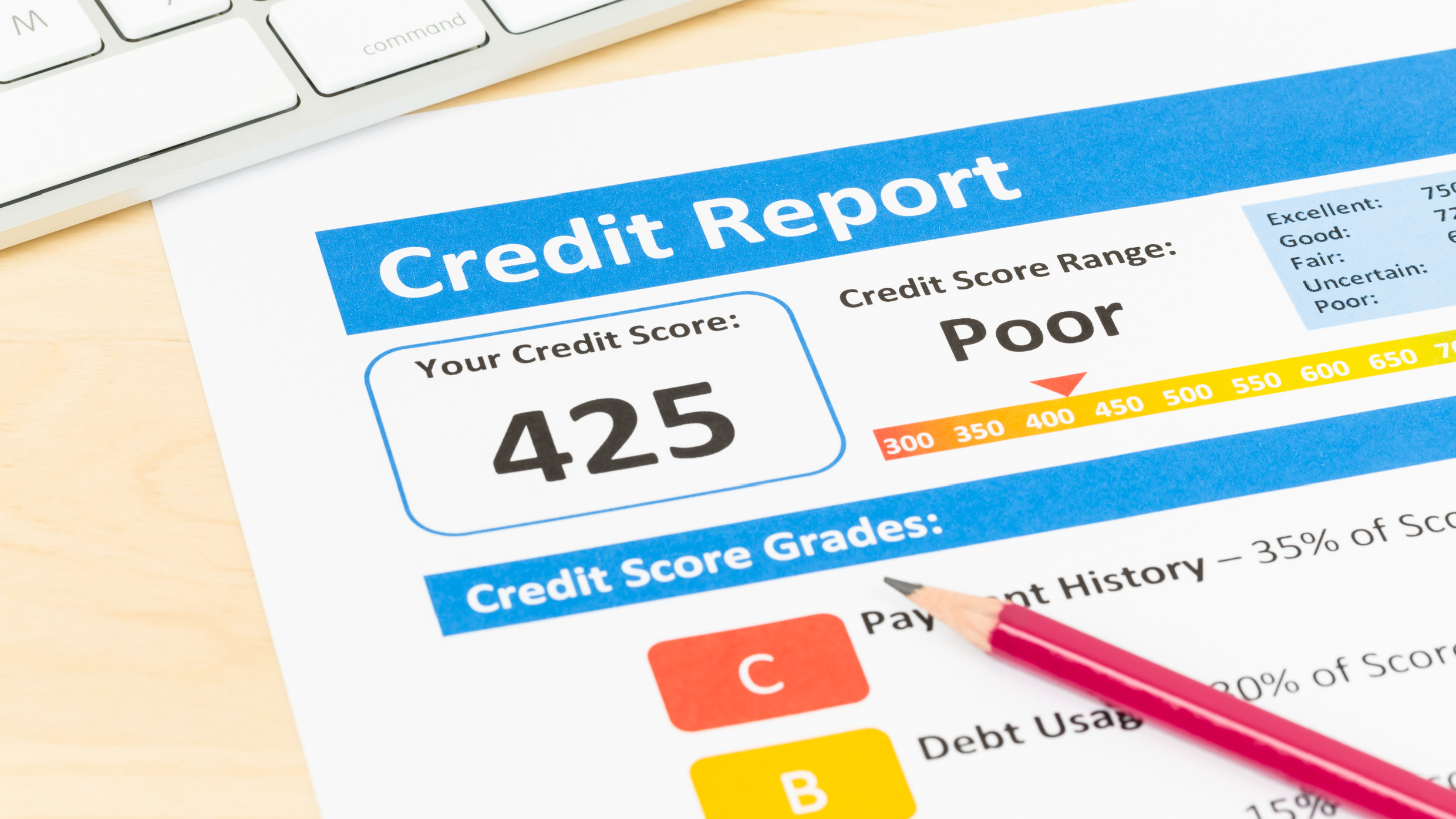Share!
Dr. Damita J. Zweiback is the founder of Coaches Corner and a certified life coach. She is currently on leave from her position with the Michigan Dept. of Health and Human Services. Zweiback is in the United States Navy Reserve and is currently serving on active duty in Washington D.C.
Don’t allow anyone deceive you: navigating life can indeed present significant challenges. The sheer volume of responsibilities and tasks is daunting; there may be moments when you feel utterly overwhelmed – trust me, many others are experiencing this as well.
Many of us have only one true path to achieving the life we’ve always desired; and that’s finding work. But, most people also tend to quickly realize that as soon as the job hits, you still find yourself struggling with managing money. After a few months, you might even find yourself without anything by way of savings or investments. And it just seems like you’re spending the money you earn today by tomorrow.
Even worse, things could be so bad for you financially that you literally find yourself spending money before it even gets to you. I’m talking about having so many expenses in front of you that your salary pretty much just vanishes before your eyes before you even get paid.
I’m discussing the scenario where an abundance of expenses confronts you, causing your salary to seemingly evaporate before your very eyes – all before you even receive payment.
Undoubtedly, no one desires to live this kind of existence. In this video, I’ll be looking to aim to guide you through why people find themselves trapped in such circumstances – and crucially – strategies for breaking free from that relentless cycle.
‘Living paycheck to paycheck’–what does this phrase truly signify?
Fundamentally, it describes a condition wherein one’s poverty is so severe that should they lose their job today, meeting majority financial commitments would prove impossible.
Over the years, though, the term “paycheck to paycheck” has also been expanded to describe people who tend to spend everything they make as soon as they get paid. These people don’t have much in terms of savings or investments, so pretty much all of their income goes into spending – and it does so very fast.
Now, if you understand this situation and you realize that it describes you, then the first thing I want you to know is that you’re not alone. The pandemic has amplified the dwindling finances experienced by an increasing number of Americans. Data from LendingClub revealed that as of mid-2022, approximately 61% of American consumers lived paycheck to paycheck; so you kind of see that this is a real problem for a whole lot of people.
Now that we have an understanding of the meaning of living paycheck to paycheck, we must also look into its major causes. Amongst numerous reasons, we have some of the more popular ones here.
Unplanned Expenses
First, there’s the dreaded truth of unplanned expenses.
According to research from Debt.org, Americans grapple with an average of approximately 2.5 major financial burdens annually. To make things worse, these unforeseen costs tend to hover around $760 each. And annually, Americans see outflows of almost $2,000 going to these unexpected costs.
The crazy thing is that owning a savings account or credit card does not guarantee full coverage of your costs. And if these expenses escalate to an extent where complete payment becomes unattainable, you’re pretty much on your own.
Ailments & Health Conditions
Another major issue facing people is the health challenge.
Want to know one crazy thing? A lot of people who are categorized as living paycheck to paycheck actually have financial resources. Contrary to popular belief, these people are not destitute; they hold jobs and actively earn their livelihoods.
The problem, though, comes in the form of health bills.
Citing sources, the NASDAQ reported that as many as 43% of individuals residing in paycheck-to-paycheck situations possess an existing health condition. Even crazier, you might not actually be the one with the health problem —it could involve a family member, close friend, or associate within your social circle. So, you end up either footing their medical bills or paying a significant portion of your salary trying to help them stay alive. As such, you end up with depleted savings and find yourself in that dreaded financial hole.
This kind of ties into the whole “unplanned expenses” line as well, but I think it’s worth standing on its own.
The Effects Of The Economy
Discussing the experience of living paycheck to paycheck will require addressing the big issue – the fact that it’s impossible to escape the daily struggle caused by overall economic instability.
The shifting dynamics of the global economy over recent decades have especially impacted Millennials and Gen Zers. Consider this: in the past, people could easily enter marriages in their mid-20s; they could afford homes and pretty much establish foundations for their lives. Today, most people in their mid-20s still live with their parents. And even if they’re independent, they still have to get help from their parents and friends from time to time.
The staggering rise in the cost of living often leaves many people with a significant lack of cash; it’s just what it is.
These reasons merely scratch the surface. I’m pretty sure there are numerous more we could explore, but the crux of the matter remains: if you find yourself surviving from one paycheck to another, it may not be entirely your fault. Indeed, there’s a multitude of factors that contribute towards this predicament.
Breaking The Cycle: How To Stop Living Paycheck To Paycheck
Let’s proceed to the section you’ve likely anticipated. If you’ve been living paycheck to paycheck for the longest, it’s time to find out some strategies that could help you break this cycle.
Get on a budget
Before anything else, you need to work on a budget. Are you even aware of how much you earn and spend a month?
It’s important to note that merely having an idea of your finances isn’t enough – you need to actually know where every single dollar goes and what you’re spending. If you don’t, then get a pen and paper and build a budget.
With a budget, you’re able to take good care of your money. You assign a responsibility to every single dollar you make, and you’re able to also keep track of your spending to make sure you’re being as prudent as possible.
Take care of your Four Walls first.
When you immediately set your budget up, make a list of what you earn. Then, immediately subtract the four essential expenses:
- Food
- Utilities
- Shelter
- Transportation
These are pretty much the most important expenses you’ll be making, and you need to make sure that they are serviced. Once you take care of them, make a list of the other things you need to pay for and address those in order of importance.
The point here is to cater to your Four Walls. This way, you know you’ve kept yourself fed, maintained the roof over your head, kept the lights on, and can get around. It sure helps to make sure you don’t have to wait till the end of the month to realize that you’re short somewhere
Cut extra expenses.
If you’re really going to improve your financial standing, it’s important to make some tough decisions.
First, take a thorough look at your finances and examine your income and outflows. From there, you can begin cutting down on things that might not necessarily be, well, necessary.
Do you really need all those streaming services? Is your gym membership such a necessity right now? I know you might feel attacked, but think about it – these expenses easily take up to $50 for a single one, and you have to service several of them on a monthly basis.
$20 here, thirty bucks there, and before you know it, you’ve spent a massive chunk of your salary on things that aren’t quite necessary.
This cutting/spending thing can mean hundreds extra a month and thousands extra a year!
Oh, while we’re on the subject, here’s another one – stop eating out! Trust me – you don’t need all those restaurant trips. They really just suck into your funds and leave you depleted.
Look, I understand that it hurts to make sacrifices like these. Having to tell yourself no time and again really sucks, but remember that this is just a short-term sacrifice you’re making to ensure that your long-term finances are in good shape. Your future self will thank you for it, so you might as well just find ways to cut down on these expenses as much as possible right now.
Start an emergency fund.
Like we said, the thing about living paycheck to paycheck is that you really don’t have much going. You’re pretty much one layoff or broken heating system from being in a financial crisis.
To make your situation better, it’s important for you to build an emergency fund as quickly as possible. Whatever you earn, set aside a little of it and put into your emergency fund to make sure that you can cater to these rainy days when they do come.
Begin by saving $1,000 as quickly as you can. I know it might seem like a lot, but little drops actually accumulate, and before you know it, you’ve got it.
Trust me; knowing you have this buffer between you and life will help you sleep much better at night. You know if you get into a jam, you can pay cash—instead of going into debt to cover it.
Sources:
https://www.debt.org/faqs/americans-in-debt/demographics/
https://finance.yahoo.com/news/5-common-reasons-30-americans-181232488.html



